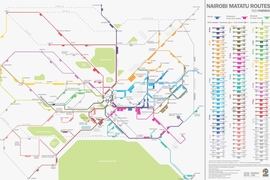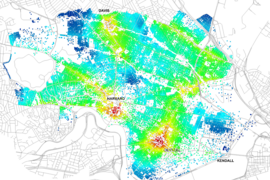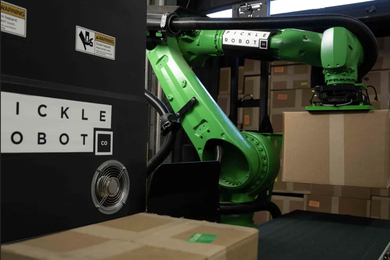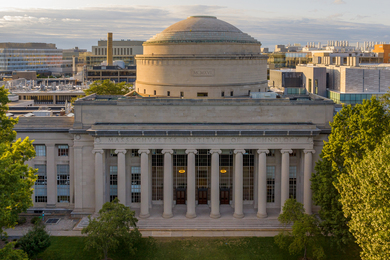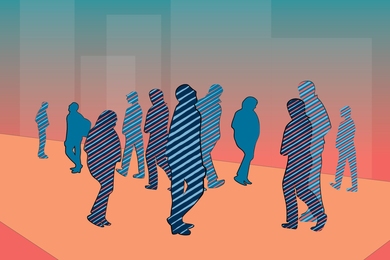The Mobility Futures Collaborative in the MIT Department of Urban Studies and Planning (DUSP) and the Changing Places group at the MIT Media Lab have developed new interactive tools aimed to better communicate the possible impacts of new transit systems. The Media Lab and DUSP have partnered with the Barr Foundation to test these tools in a series of community engagement workshops to examine the impacts of Bus Rapid Transit (BRT) systems in greater Boston. These tools include the CityScope — an interactive platform that utilizes physical models (built from LEGO bricks) and 3-D projection — to enable community members to engage in neighborhood and street-level decisions including alternative bus corridor designs and station-level variations (such as pre-pay boarding). The second tool, CoAXs is a new interactive platform for collaborative transit planning that builds on open-source urban analytics tools such as Conveyal Transport Analyst.
This set of new tools is designed to work in concert to bring key stakeholders from the community, non-governmental organizations, government, and planners to engage in constructive discussion, and to encourage participation through new technology. By developing an understanding of BRT concepts, trade-offs, and impacts, users can also use the tools to design their own proposals, and thus contribute their ideas to future scenario planning. Finally, these tools intend to help build consensus through data-driven interactions and dialogue.
A series of public workshops that utilize these new tools, in collaboration with the Barr Foundation, will be held this month to explore the impacts of different BRT scenarios in Boston based on the Greater Boston Bus Rapid Transit Study Group. The Roxbury Innovation Center is partnering with MIT to host the events and Nuestra Comunidad is providing feedback on tools, workshop facilitation, and outreach support.
A project launch event will be held on Oct. 7 at 5:30 p.m. at the Roxbury Innovation Center (2300 Washington Street) in Dudley Square. Two-hour community workshops will be held Oct. 8-10 on a sign-up basis in the same location. Language support will be available on Oct. 10 with prior notice. An open exhibit of the interactive research tools will be held Oct. 11-14 from 11:30 a.m. to 6:30 p.m. For more information please call 781-606-0278 or send email inquiries to: BRTtools@mit.edu.
Project team members include:
- Chris Zegras, associate professor in MIT DUSP with the Mobility Futures Collaborative;
- Kent Larson, director of the Changing Places group at the MIT Media Lab;
- Ryan Chin, managing director and research scientist in the Changing Places group at the MIT Media Lab;
- Ariel Noyman, researcher in the Changing Places group at the MIT Media Lab;
- Jeffrey Laurence Rosenblum of the Urban Mobility Lab and the MIT DUSP;
- Anson Stewart, a PhD student in the Interdepartmental Program in Transportation;
- Phil Tinn, MCP candidate with the Mobility Futures Collaborative in the MIT DUSP;
- Ira Winder, research scientist in the Changing Places group at the MIT Media Lab;
- Allentza Michels, engagement specialist in greater Boston;
- Deborah Perrotta PhD '15, graduate of the MIT Portugal Program; and
- Kuan Butts MCP '14, civic tech developer.






